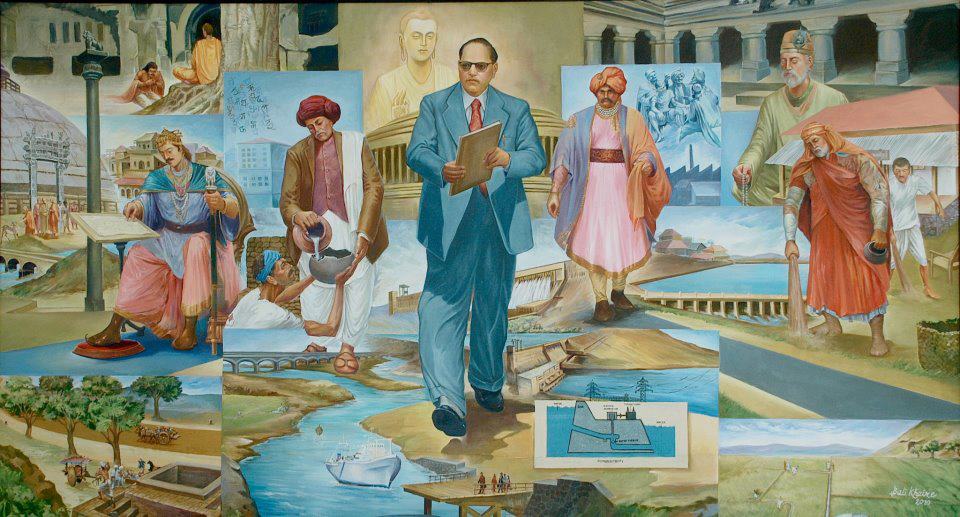
In India, Why Oppressed Didn’t Rise Against Oppression? Dr Ambedkar’s Views
In spite of widespread inequality, oppression and exploitation in India, why there is no rise of the oppressed and exploited against their oppressors and exploiters? Dr Ambedkar explained –
Students of social organisation have been content with noting the difference between equality and inequality. None have realised that in addition to equality and inequality, there is such a thing as graded inequality. Yet, inequality is not half so dangerous as graded inequality. Inequality carries within itself the seeds of its own destruction. Inequality does not last long. Under pure and simple inequality, two things happen. It creates general discontent which forms the seed of revolution. Secondly, it makes the sufferers combine against a common foe and on a common grievance.
But the nature and system of graded inequality leave no room for either of these two things to happen. The system of graded inequality prevents the rise of general discontent against inequality. It can not, therefore, become the storm center of the revolution. Secondly, the sufferers under graded inequality becoming unequal both in terms of the benefit and the burden, there is no possibility of a general combination of all classes to overthrow the inequality.
Further, Dr Ambedkar also noted in the Annihilation of Caste that –
It is true that even in Europe the strong has not shrunk from the exploitation—nay, the spoliation—of the weak. But in Europe, the strong have never contrived to make the weak helpless against exploitation so shamelessly as was the case in India among the Hindus. Social war has been raging between the strong and the weak far more violently in Europe than it has ever been in India. Yet the weak in Europe has had in his freedom of military service, his physical weapon; in suffering, his political weapon; and in education, his moral weapon. These three weapons for emancipation were never suffering, his political weapon; and in education, his moral weapon. These three weapons for emancipation were never withheld by the strong from the weak in Europe. All these weapons were, however, denied to the masses in India by the Caste System.
Why have the mass of people tolerated the social evils to which they have been subjected? There have been social revolutions in other countries of the world. Why have there not been social revolutions in India, is a question which has incessantly troubled me. There is only one answer which I can give, and it is that the lower classes of Hindus have been completely disabled for direct action on account of this wretched Caste System. They could not bear arms, and without arms they could not rebel. They were all ploughmen—or rather, condemned to be ploughmen—and they never were allowed to convert their ploughshares into swords. They had no bayonets, and therefore everyone who chose, could and did sit upon them. On account of the Caste System, they could receive no education. They could not think out or know the way to their salvation. They were condemned to be lowly; and not knowing the way of escape, and not having the means of escape, they became reconciled to eternal servitude, which they accepted as their inescapable fate.
It is true that even in Europe the strong has not shrunk from the exploitation—nay, the spoliation—of the weak. But in Europe, the strong have never contrived to make the weak helpless against exploitation so shamelessly as was the case in India among the Hindus. Social war has been raging between the strong and the weak far more violently in Europe than it has ever been in India. Yet the weak in Europe has had in his freedom of military service, his physical weapon; in suffering, his political weapon; and in education, his moral weapon. These three weapons for emancipation were never withheld by the strong from the weak in Europe. All these weapons were, however, denied to the masses in India by the Caste System.
There cannot be a more degrading system of social organization than the Caste System. It is the system which deadens, paralyses, and cripples the people, [keeping them] from helpful activity. This is no exaggeration.



+ There are no comments
Add yours